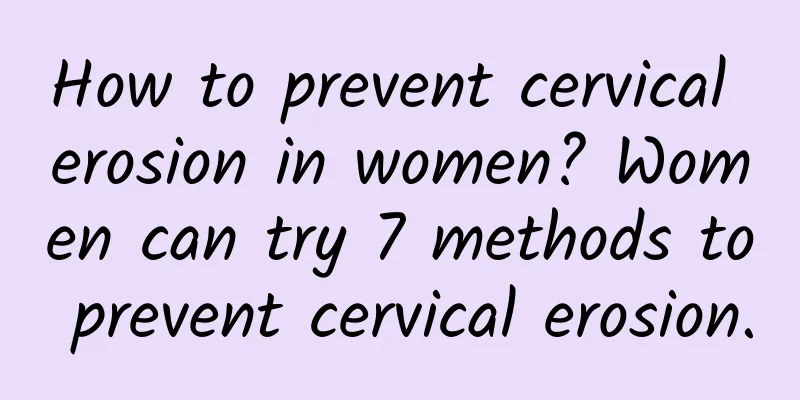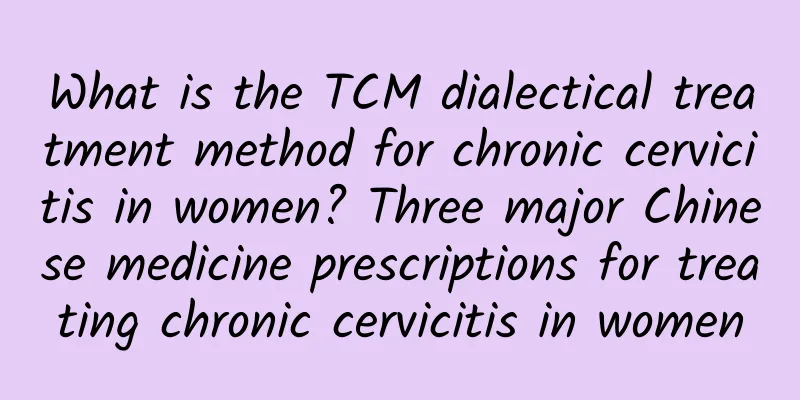What is endometriosis and how is it caused?

|
The uterus is the place where life is conceived, but there are various diseases of the uterus, especially some serious diseases that occur in the uterus. So, what is endometriosis? How is it caused? Endometriosis is a common gynecological disease in women caused by the implantation of endometrial cells in abnormal locations. Endometrial cells are supposed to grow in the uterine cavity, but because the uterine cavity is connected to the pelvic cavity through the fallopian tube, endometrial cells can enter the pelvic cavity through the fallopian tube and grow ectopically. There are many theories about the pathogenesis of this disease, among which the most widely accepted is the endometrial implantation theory. The occurrence of endometriosis is also related to the body's immune function, genetic factors, and environmental factors. There are many theories about the pathogenesis of this disease, among which the most widely accepted one is the endometrial implantation theory. The occurrence of endometriosis is also related to the body's immune function, genetic factors, and environmental factors. It can be mainly divided into the following aspects: 1. Iatrogenic endometrial transplantation This is a man-made process that causes the endometrium to be transplanted to certain parts of the uterus, which is often seen during cesarean section, curettage in early and mid-term pregnancy, episiotomy during delivery, artificial abortion, etc. Because the blood in the uterine cavity contains endometrium, it is implanted in the abdominal cavity, abdominal wall, perineum, etc. 2. Defective immune defense The endometrium that flows back into the abdominal cavity with menstrual blood is like a foreign body. It will activate the body's immune system and mobilize a large number of immune cells and body fluids to encircle and eliminate it. If the body's immune function is defective, it will develop into endometriosis. 3. Endocrine dysfunction The growth and changes of ectopic endometrium, regardless of its origin, are related to ovarian endocrine secretion. Estrogen can promote growth, while progesterone can inhibit it. Clinically, it has been found that most patients are deficient in progesterone, which contributes to the occurrence and development of this disease. |
>>: Will ovarian cysts bleed heavily? What are the symptoms in the late stage?
Recommend
Why does leucorrhea have an abnormal odor?
Why does leucorrhea have an abnormal odor? Abnorm...
How to treat anemia in patients with functional uterine bleeding?
Yuanyuan was about to get married, but she sudden...
Eating probiotics can help you lose weight easily! Red wine and olive oil are available
If you want to lose weight, do you have to be too...
Can I give birth to a healthy baby if cervical erosion is not cured?
Can a healthy baby be born without curing cervica...
Cost of treating threatened abortion with an old Chinese doctor
In recent years, the country's active advocac...
Symptoms of vulvar itching
We need to understand the symptoms of vulvar prur...
What are the dangers of pelvic inflammatory disease to women?
I don't know if you know about the harm of pe...
What are the clinical symptoms of cervicitis? 4 tips to teach you how to effectively prevent cervicitis
Cervicitis is a common gynecological disease for ...
The harm of candidal vaginitis to the body
Candidal vaginitis can be said to be a very commo...
Introduction to the high-risk groups for common ectopic pregnancy
Ectopic pregnancy is a common gynecological disea...
TCM Syndrome Differentiation of Pelvic Inflammatory Disease
Pelvic inflammatory disease is a common gynecolog...
How to exercise with full energy? Nutritionists reveal 6 undisclosed convenience store energy combinations!
Do you sometimes want to exercise but can’t seem ...
What causes cervicitis?
Cervicitis may be caused by a variety of factors,...
What are the preparation procedures before painless abortion surgery?
As life becomes more open, many women need to use...
What complications can irregular menstruation cause?
Nowadays, due to the fast-paced lifestyle, the in...









